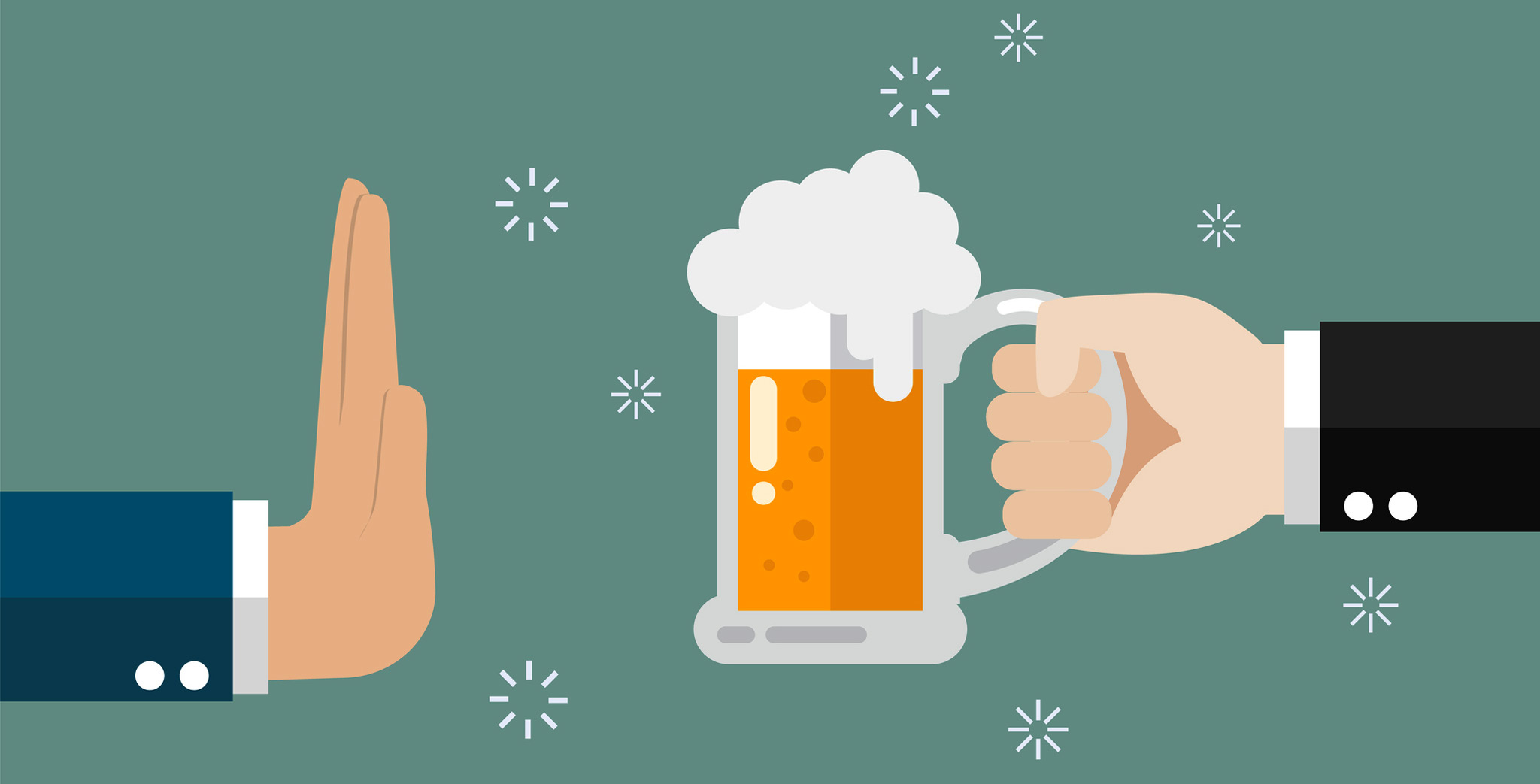
Valium Addiction Treatment in Los Angeles, California
Get help with Valium addiction
Valium (diazepam) is a highly addictive benzodiazepine, and Valium addiction can be as all-consuming as any other substance addiction, affecting the brain’s GABA receptors and causing physical and mental dependency, similar to alcohol.
At Clear Behavioral Health, we understand the unique challenges of Valium abuse and addiction. Our specialized addiction treatment programs aim to address Valium addiction by targeting the root cause of misusing this substance and healing the related symptoms for lasting recovery.
Valium addiction treatment at Clear
Our comprehensive treatment programs for Valium abuse include medically supervised detox, residential rehab, and outpatient options like our Partial Hospitalization Program (PHP) and Intensive Outpatient Program (IOP).
Our programs are designed to help you through every stage of your recovery journey, whether you need intensive inpatient care or flexible outpatient support. Each program is tailored to meet your individual needs, and we work with most insurance providers to ensure accessibility and peace of mind.
We offer both in-person substance abuse treatment locations in Los Angeles, Gardena, and Redondo Beach, and virtual outpatient options for those who have achieved sobriety and need ongoing mental health support.

Valium addiction assessment
Before beginning treatment, our clinical team conducts a thorough assessment to determine the severity of Valium addiction and the most suitable level of care.
This helps ensure the highest chance of recovery success, with a personalized approach that addresses your unique challenges and symptoms.
Our locations
Our residential rehab for Valium addiction
We offer our detox and rehab programs in a home-like treatment facility to provide the time and space you need to build a solid foundation in sobriety.
Residential rehab
In cases where Valium addiction has taken over daily life-impacting work, relationships, and self-care—our residential program offers intensive support in a safe, structured environment. You’ll receive 24/7 clinical supervision, access to our detox program, and a supportive community. Residential treatment provides a secure setting to manage withdrawal symptoms, focus on healing, and regain control of your life.
Monitored Valium detox
Our detox program offers a safe, supervised detoxification process under medical guidance. During the first week of residential treatment, you are closely monitored by clinical staff to manage your valium withdrawal symptoms safely. Medication management is provided as needed to ensure comfort and safety during detoxification from Valium.
Partial Hospitalization Program (PHP) & Intensive Outpatient Program (IOP)
When you don’t require residential care, or are transitioning from it, or are looking for a more elevated level of care than a weekly therapy session, our PHP and IOP programs offer structured support while allowing you to maintain certain aspects of your daily routine.
Both programs include one-on-one and group therapy sessions with medication management where needed, case management sessions on an individual and group level, and our holistic therapy. Our outpatient treatment programs allow a more flexible schedule to live at home while attending the program during the day or evening and provides a community of mentors, relapse prevention education, personalized assessments, and holistic healing methods, and our PHP and IOP treatments ensure sustainable mind-body wellness.

PHP Includes:
90 days of treatment | 5 days per week | 6 hours per day
Monday through Friday

IOP Includes:
6-8 weeks of treatment | 3 days a week | 3 hours per day
This option works with your schedule, Monday through Friday
What to expect with our PHP and IOP programs
Depending on the level of care that best suits your needs, you may begin with our Partial Hospitalization Program (PHP) and transition to the Intensive Outpatient Program (IOP), or begin directly at the IOP level.
Wherever your journey begins, after completing your treatment, you’ll become part of our supportive alumni community, offering encouragement and inspiration to others on their path to wellness. Our programs are carefully designed to include individual and group therapy, comprehensive case management, holistic treatments, and medication management. This integrated approach ensures a treatment plan that promotes healing at every stage. These programs include:

Individual therapy
Weekly sessions with a therapist to help you explore the underlying causes of your condition, identify your triggers, and develop coping strategies to last a lifetime.

Medication management
If necessary, our clinicians will prescribe and monitor medications to manage your condition symptoms and support wellbeing.

Case management
Weekly case management meetings will help you to develop life skills, build healthy daily routines, and support reintegration into your daily life.

Group therapy
Daily group therapy sessions help you to build a supportive network of peers and explore therapeutic techniques like CBT, mindfulness and art therapy.

Holistic groups
Yoga, meditation, sound baths, and other holistic therapies are practiced daily to restore balance between your mind and body.
We are in-network.
Learn more about your coverage options:
Our virtual/online IOP
For those who have achieved sobriety but continue to need mental health support, our virtual IOP provides convenient, flexible care. Available throughout California, this program offers the same high-quality care as our in-person options via secure online software, allowing patients to continue their healing journey on their own schedule.
Our virtual Intensive Outpatient Program (IOP) provides the same evidence-based therapies as our in-person IOP programs.
Our subtance use treatment programs
What is Valium addiction?
Becoming addicted to valium is a form of substance use disorder and prescription drug addiction that occurs when the brain becomes dependent on the drug’s calming effects, making it difficult to function without it.
Like other benzodiazepine addictions, Valium addiction can develop gradually as tolerance builds—requiring larger doses to feel the same effect. This cycle can quickly spiral, leading to psychological and physical dependence. Valium addiction affects brain chemistry in ways that make stopping the drug challenging, often leading to cycles of relapse even after attempts to quit.
Valium addiction is not a result of a person’s weakness or lack of willpower. It’s a complex condition rooted in brain changes that can impair a person’s ability to control their urges. Recognizing Valium addiction as a medical condition rather than a moral failing is essential to approach treatment with empathy and support.
Addiction treatment provides tools and therapies to overcome this challenging condition by addressing the underlying causes and helping individuals regain control of their lives.

Get treated for Valium addiction today

Signs and symptoms of Valium addiction
Valium addiction can manifest in various ways, impacting both physical and mental health. Some common signs include:
- Cravings and Compulsive Use: A strong urge to take Valium, even when it’s not medically necessary.
- Loss of Control: Difficulty stopping or limiting Valium use despite efforts to quit.
- Increasing Tolerance: Higher doses are needed to achieve the calming effects, leading to higher consumption.
- Neglect of Responsibilities: Failing to fulfill daily responsibilities at work, school, or home due to Valium use.
- Social Withdrawal: Pulling away from family, friends, and social activities to hide Valium use or avoid judgment.
- Mood Changes: Experiencing irritability, depression, or anxiety, especially between doses or when unable to access Valium.
- Physical Dependence: Developing withdrawal symptoms—such as sweating, tremors, agitation, seizures, or other severe withdrawal symptoms—when attempting to quit.
How is Valium addictive?
Valium, known generically as diazepam, is a benzodiazepine often prescribed to treat anxiety disorders, muscle spasms, seizures, and alcohol withdrawal symptoms. Valium’s effects come from its action on the GABA receptors in the brain, where it slows down brain activity, promoting a calming effect on the nervous system. Although effective when used as directed, Valium is highly addictive.
Over time, misuse or long-term use can lead to physical dependence, as the brain becomes reliant on Valium to function normally. People struggling with Valium addiction may find it challenging to quit due to intense cravings, withdrawal symptoms, and even dangerous health risks.
The health risks of Valium abuse
Valium addiction is not only mentally taxing but can also severely impact a person’s physical health. Misusing Valium over time can result in memory loss, cognitive impairment, and decreased coordination, which increases the risk of accidents and injuries. Long-term Valium use can also contribute to respiratory issues and, in severe cases, lead to fatal valium overdose if combined with other central nervous system depressants like alcohol or opioids.
As addiction progresses, mental health can also deteriorate, often resulting in severe anxiety, paranoia, or even suicidal thoughts. On the other hand, quitting Valium cold turkey is extremely dangerous. Similarly to alcohol, quitting Valium cold turkey can lead to seizures or in extreme cases, even death.
How to recover from Valium addiction
Long-term recovery from Valium addiction involves more than just stopping the drug; it requires ongoing support and a solid relapse prevention plan. After completing a treatment program, many patients benefit from continuing therapy, joining alumni groups, and attending support meetings, such as those offered by Narcotics Anonymous (NA), Pills Anonymous (PA), or similar recovery communities.
Building a support network is crucial, as it provides encouragement and guidance from those who understand the journey.
Valium addiction can feel isolating and overwhelming, but recovery is always within reach. At Clear Behavioral Health, we’re here to support you through every step of the process—from detox to aftercare.
Our compassionate team of clinicians provides individualized care to help you rebuild your life with renewed purpose, free from addiction. Reclaim your sense of self and hope by reaching out today. Our hands are extended to guide you toward a life of fulfillment and health.

Learn more about our Valium addiction treatment programs
Our other services
We provide the full spectrum of mental health services and addiction treatment for teens and adults including the treatment of PTSD, depression, anxiety, bipolar disorder, drug and alcohol addiction, and more. Learn more about our services:
Addiction resources
-

Why do I Keep Relapsing? Understanding Relapse and How to Prevent It
Why do people relapse on drugs or alcohol? Understand the emotional, mental, and physical stages of relapse and how to…
-

How to Stay Sober: Strategies for Long-Term Recovery
Recovery is a journey, not a destination, and getting sober is hard, but staying sober is harder! We can help…
-

Can You Have Your Phone in Rehab? Common Rules and Guidelines of Inpatient Treatment
Can you have your phone in rehab? Understand phone policies, how rehabs support you, and how to stay connected safely…
View our complete archive of resources from our expert contributors:
Frequently asked questions
Read through our FAQ for any questions you may have or give us a call today. We are here to answer your questions and support you or your loved one through their healing journey.
What is the first step toward getting treatment for Valium addiction?
Acknowledging a Valium addiction and making the decision to seek help is a courageous and vital first step toward recovery. While it may feel overwhelming, this choice paves the way for the treatment and support needed to regain control of your life.
Our Valium addiction treatment program is in-network with most insurance providers, ensuring you have access to the compassionate care and resources necessary to begin your healing journey.
How long is the inpatient detox and rehab treatment for Valium addiction?
Our detox and residential rehab program for Valium addiction typically involves 2–4 weeks of inpatient care, providing comprehensive support to help you on your path to recovery. This program includes medically supervised Valium detox services to ensure a safe and closely monitored withdrawal process.
During treatment, you’ll participate in daily group and holistic therapy alongside peers while working individually with a dedicated therapist and case manager. Together, we’ll help you develop essential life and coping skills to support lasting healing and long-term sobriety.
Is Valium a controlled substance?
Yes, Valium or diazepam is classified as a controlled, scheduled IV drug under the Controlled Substances Act. Valium is used medically but carries a high risk of abuse and addiction, which can lead to serious physical and psychological dependence.
Contact Us
For more information about our services, to schedule a tour, or to find out if your treatment is covered by your health insurance, contact our expert clinical team today by completing this form.



























